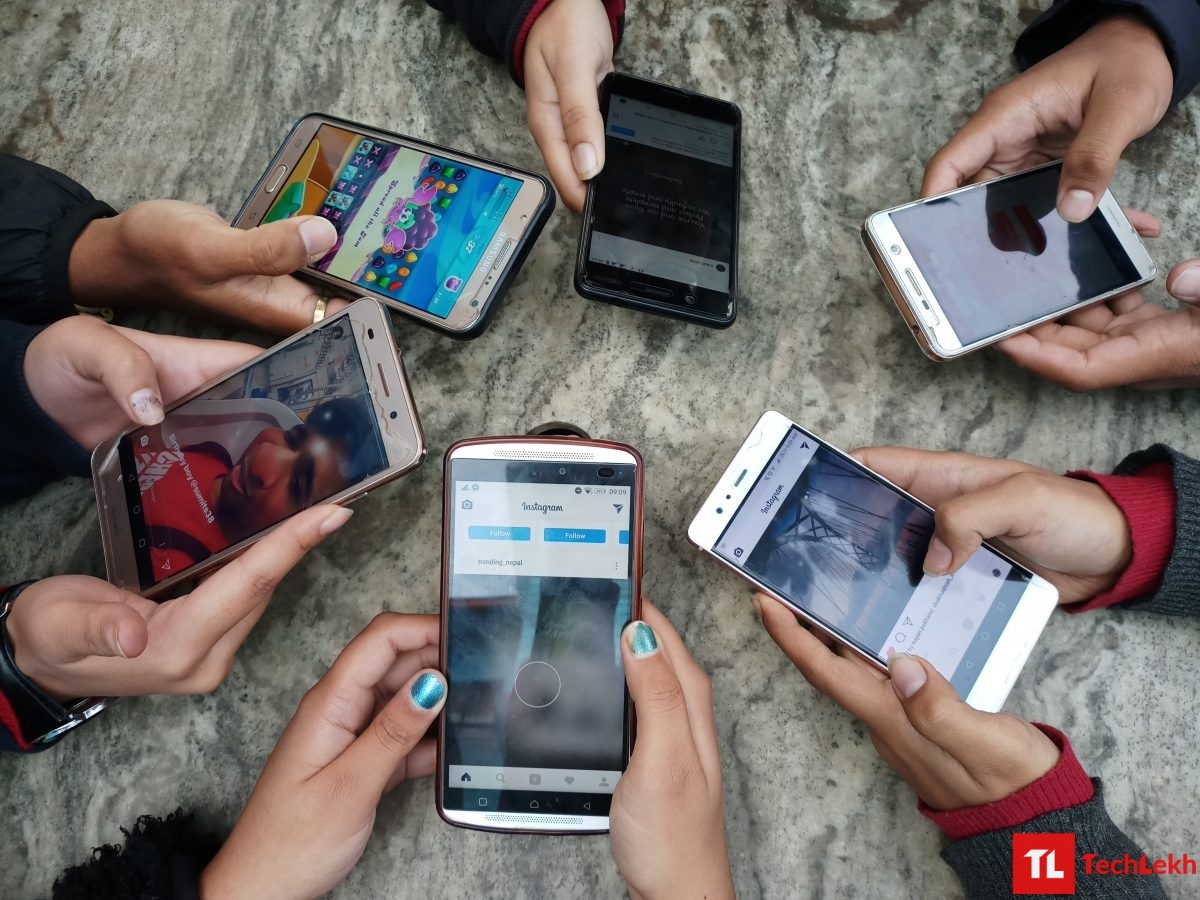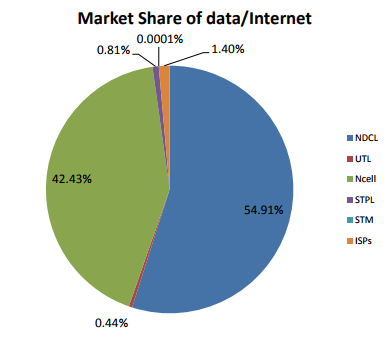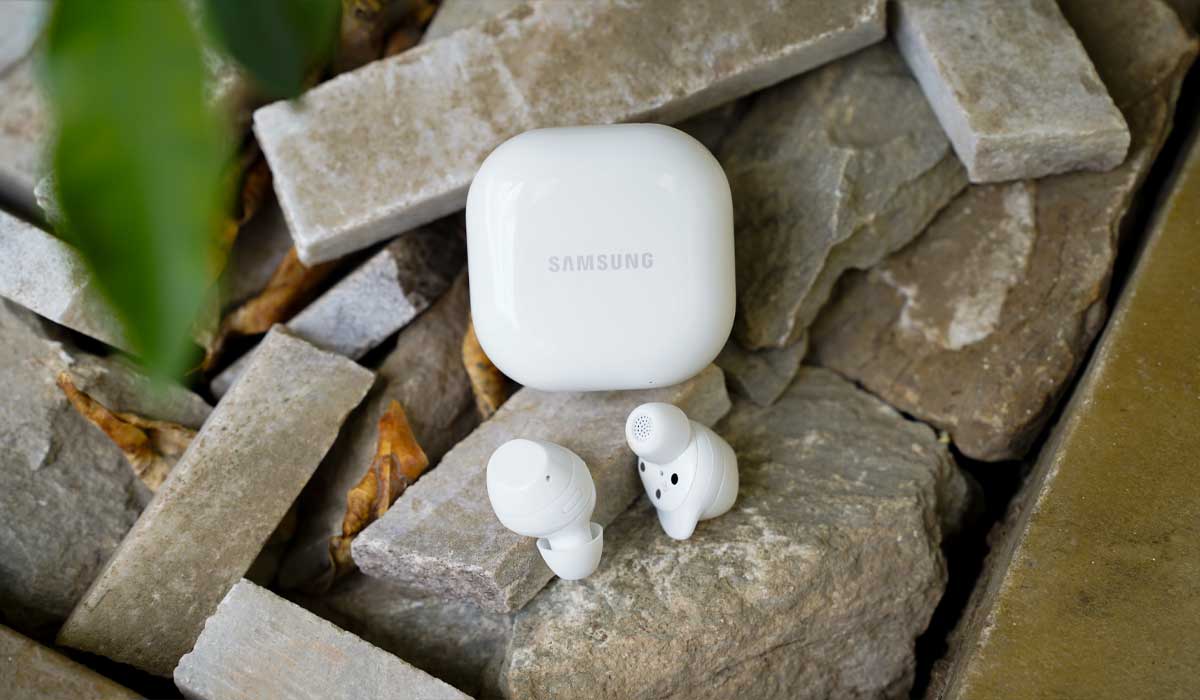Isn’t it funny how we’re so used to holding our cell phones so much? We’re caught up using our phones to an extent that we sometimes become unaware of the existence of life around us. If we go back in time, like a decade ago, we weren’t as addicted to using our phones as we are now. And a decade isn’t a very long time for such a vast change, is it? Or maybe it is, since it is. Jokes apart, maybe this happened because we are advancing technically. The kids who were born a few years ago have already become so used to these hand-held gadgets. They own really cool smartphones, even know how to lock and unlock them or open their favorite apps, or even search for something on YouTube, while when I was their age, I was playing in a mud-pile (not literally, but if you know what I mean).
Cell phones at this time are one of the major sources of communication. As per the data released by Nepal Telecommunication Authority on Magh 2073, the maximum market share of data/internet is held by Nepal Doorsanchar Company Ltd., while the second major market share is held by NCELL.
It may be hard to admit, but we are getting addicted to our phones. Smartphones have become our favorite pastime. It may even overtake our hobbies if we carry on this way. We may already have people mentioning “playing games on my cell phone” as their hobby. (My sincere apologies to those who really take it as their hobby; I have no intentions to create a mockery out of it.)
NTA reports also reveal that one in two Nepalis uses the internet. There are around 14 million internet users in the country, out of which major users are cell phone users, as stated in one of the articles by eKantipur.
If we go through the statistics, a survey conducted in Chitwan (Nepal) reveals if the youngsters who owned a cell phone knew of the cons of owning one, which they did, and about 90% of the total participants admitted to being addicted to it. Not just this, they also knew of the other health issues that overusing cell phones impose, such as hearing loss, strained eyes, and dizziness.
The officials of Mobile Phone Importers Association have informed that mobile phone import had become the third largest traded commodity in Nepal after petroleum products and iron at the end of 2016, as stated in a news article by myRepublica.
There’s also this term called “nomophobia” that means “no-mobile-phone phobia” that had been coined in 2010 by the UK post-office during the steep rise of the same, which is also called possibly the biggest addiction not caused by drugs of the 21st century by some researchers. Isn’t the case true, especially in today’s context?
It’s not just the health issues posed by a cell phone that is alarming. On the technical side, your phones track much of your information, be it knowingly or unknowingly. You get so addicted to posting your activities on social media platforms via your cell phones that you don’t realize GPS trackers, location data, location logs, or even your Wi-Fi history can allow someone to trace you.
You won’t know when your phone is hacked; somebody may already be going through your texts or going through your gallery, or worse, there may be a keylogger attached to your phone. Not to forget the cases of deaths and injuries that have occurred while getting really caught-up posing for a selfie!
In the international context, a study done by B2X revealed that a quarter of millennials check their phones more than 100 times a day, while half of them admitted to checking their phones around 50 times a day. That’s not just it: nearly 10% of the people were comfortable spending around $750 on their new smartphone. Don’t we have a similar scenario here too?
Cell phones really have made our lives easier on the bright side. We check the time on our phones, wake up to an alarm, and the very first thing we do is check the notifications. Stuck in a situation where you’re waiting for somebody and/or your turn? Your cell phone comes to the rescue. Calls, texts, e-mails, social networking, browsing, games, whatever the task be, your cell phone always comes in handy.
It’s more like we have woven up our lives around our cell phones! We wake up next to our cell phones, we sleep next to them, not having our cell phone around is a terrible experience, and when you lose it,
*breakdown intensifies*
References
Shakya, J., & Gautam, S. (n.d.). KNOWLEDGE REGARDING HARMFUL EFFECTS ON CELL PHONE USE AMONG HIGHER SECONDARY SCHOOL STUDENTS BHARATPUR CHITWAN, NEPAL. Retrieved November 24, 2017, from https://www.jcmc.cmc.edu.np/journal_volume-18
Location tracking. (2017, February 15). Retrieved November 24, 2017, from https://myshadow.org/location-tracking
Gupta, M. (n.d.). Innovation through Collaboration. Retrieved November 24, 2017, from https://www.eurescom.eu/news-and-events/eurescommessage/eurescom-message-winter-2015/the-rise-of-nomophobia.html
(2016, December 22). ‘Mobile phones third most traded commodity in Nepal’. Retrieved November 26, 2017, from https://www.myrepublica.com/news/11595/
Mobile subscriptions outnumber population. (2016, June 14). Retrieved November 26, 2017, from https://kathmandupost.ekantipur.com/news/2016-06-14/mobile-subscriptions-outnumber-population.html
-
Bajaj Pulsar NS 160 Price in Nepal (July 2025 Updated)HIGHLIGHTS Bajaj Pulsar NS 160 BS6 price in Nepal is Rs. 3.93 Lakhs. Pulsar NS…
-
EXCLUSIVE: Galaxy Buds Core is Here in Nepal – Samsung’s Cheapest TWS with ANCHIGHLIGHTS Samsung Galaxy Buds Core price in Nepal is Rs. 7,399. The earbuds feature a…
-
Honor X6c with 120Hz Refresh Rate and IP64 Rating Launching in Nepal SoonHIGHLIGHTS The Honor X6c price in Nepal could be Rs. 20,999 (6/128GB), Rs. 22,999 (6/256GB),…















